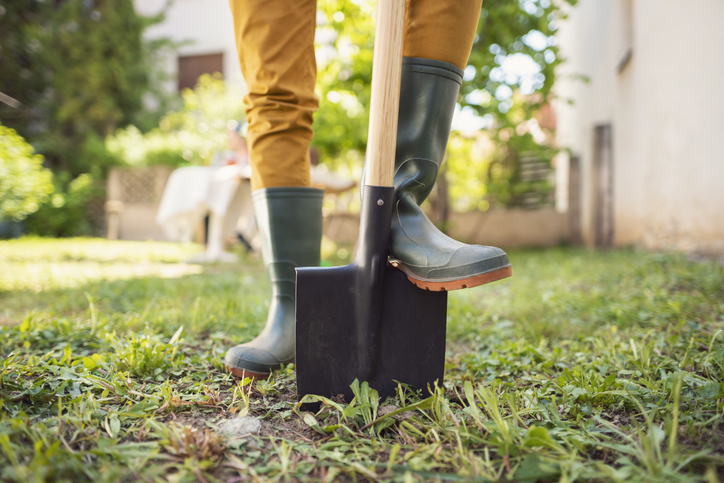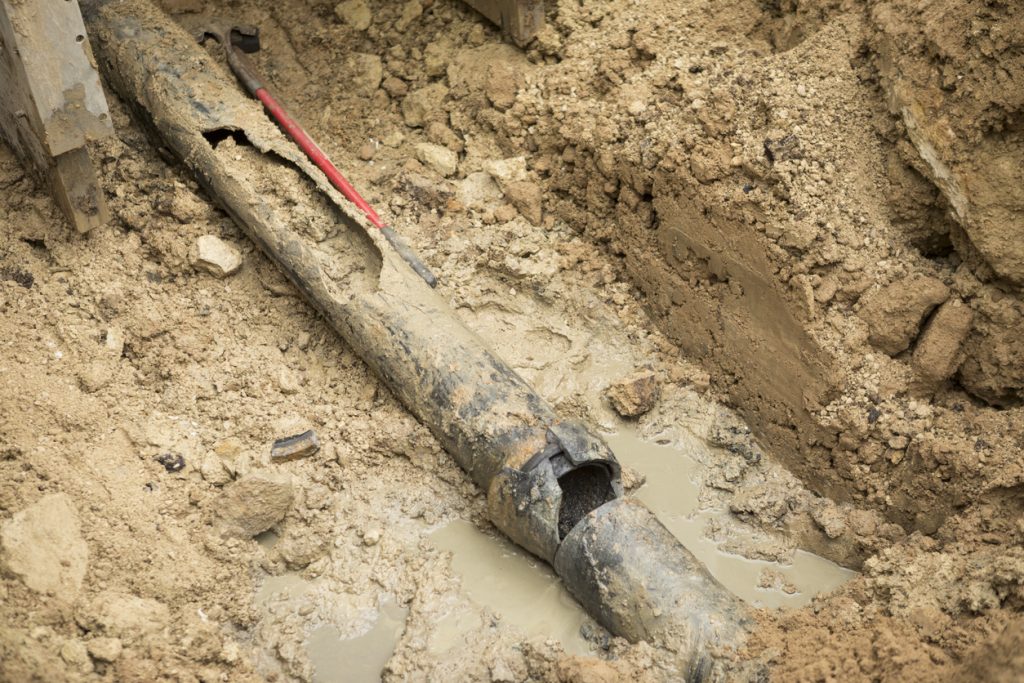Chances are you’re not calling out a utility line locator on a regular basis. Most people associate it strictly with huge construction projects or even with roadwork. The reality is that any time you have an in-depth digging or construction project, a utility locator is needed.
We discovered a long time ago that we can run our most essential utility services underground, opening up the area above ground for our homes, business, and more. Years ago line locators may not have been as necessary because homes were further apart. As more and more buildings are being built, more utilities are needed underground. Digging blindly, even in your own yard, can cause a lot of damage or injury if you accidentally hit a water line, sewer line, or even an electrical line. So when should you call a utility locator? Here are a few examples:
What is 811?
Whenever you need to dig into the ground, the number you should always remember is 811. This is the national “call-before-you-dig” number where the operator will match you with the closest utility locating company based on your needs. You will need your address, the county you live in, the nearest cross street, what kind of project you’re doing, and the area on the property you want to dig. Within a few days, you’ll get information on which utility locator companies are available.

What qualifies needing a locator?

If you’re planning on digging anything below a foot or even a half a foot, you need to have the area checked for utility lines. This includes planting shrubs or trees, installing mailboxes, fences, landscaping projects, and more. These lines could be located anywhere underground at any height. Even if you think you’re in the clear, because of how your utilities are set up, doesn’t mean that you shouldn’t have a second opinion. You never know what is actually below the surface.
What is considered private utility lines?
Private lines are actually the trickiest when it comes to digging. Sometimes they’re not documented correctly and can’t be found without a line locator. A few examples of private lines would be:
- Propane
- Electrical for outdoor lighting
- Septic pipes
- Sprinkler Systems
- Gas for heated pools, grills, firepits, etc.
- Storm drains
- Power for detached garages and more.
To avoid a very large headache in the middle of your project, the safest bet is to have your ground checked before any new projects happen. Blueprints can easily be modified. Contact either 811 or Eastern Area Locating before your next big project!

Leave A Comment